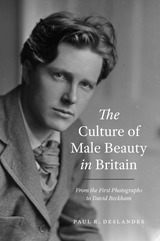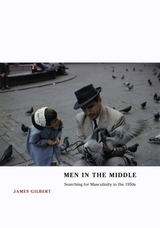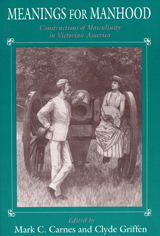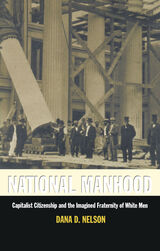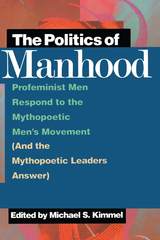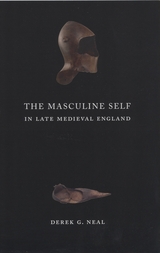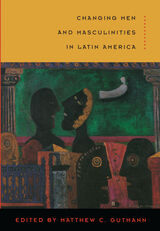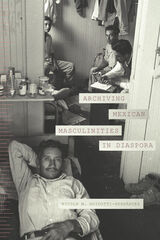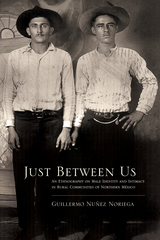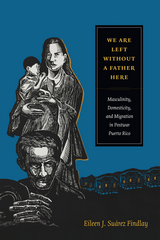Cloth: 978-0-674-01058-1
Library of Congress Classification HQ1090.5.N36L66 2003
Dewey Decimal Classification 305.310974
Countering our image of early Anglo-American families as dominated by harsh, austere patriarchs, Anne Lombard challenges long-held assumptions about the history of family life by casting a fresh look at the experience of growing up male in seventeenth- and eighteenth-century New England. Drawing upon sources ranging from men's personal writings to court records to medical literature, Lombard finds that New England's Puritan settlers and their descendants shared a distinctive ideal of manhood that decisively shaped the lives of boys and men.
At its core was a suspicion of emotional attachments between men and women. Boys were taken under their father's wing from a young age and taught the virtues of reason, responsibility, and maturity. Intimate bonds with mothers were discouraged, as were individual expression, pride, and play. The mature man who moderated his passions and contributed to his family and community was admired, in sharp contrast to the young, adventurous, and aggressive hero who would emerge after the American Revolution and embody our modern image of masculinity.
Lombard writes with empathy and sensitivity of colonial life and the ways in which it interacted not only with male experience but also with the larger political history of eighteenth-century America.
See other books on: Colonial New England | Colonial period, ca. 1600-1775 | Masculinity | Men | New England
See other titles from Harvard University Press


